a problem with methane
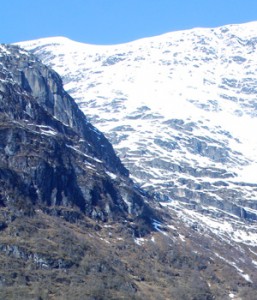
Radiant energy from the sun falls on the Earth; some of this energy is absorbed by the planet and its atmosphere. Some of the energy is radiated back into space. The balance between the absorbed and radiated energy determines global temperature. This balance is changed by a number of factors - the intensity of the solar energy, cloud reflectivity, the absorption of energy by various gases or surfaces.
The reflectivity of the Earth’s surface (the albedo) influences the amount of light energy that is reflected back into space. Snow has a high albedo, that is, it reflects much of the light back out into space. Dark objects (like conifer plantations) reflect less light / radiation and absorb more thereby trapping heat that would otherwise be reflected back into space. The amount of energy that is ‘retained’ is also influenced by the presence of particular gases in the atmosphere - the so-called 'greenhouse gases', notably carbon dioxide and methane. The amount of carbon dioxide in the atmosphere has increased dramatically from 280 ppm during the 10,000 years up to the mid-18th century to 415 ppm (as of 2019). This increase has certainly contributed to the changes in climate that we have witnessed in recent years - extreme weather events such as heat waves and flooding.
However, methane also makes a significant contribution. It is extremely effective at trapping heat energy but it has a relatively short lifetime (in the air of about a decade) before it oxidises to carbon dioxide. A large but natural source of methane is wetlands [marshes, swamps, bogs, fens, peatlands].
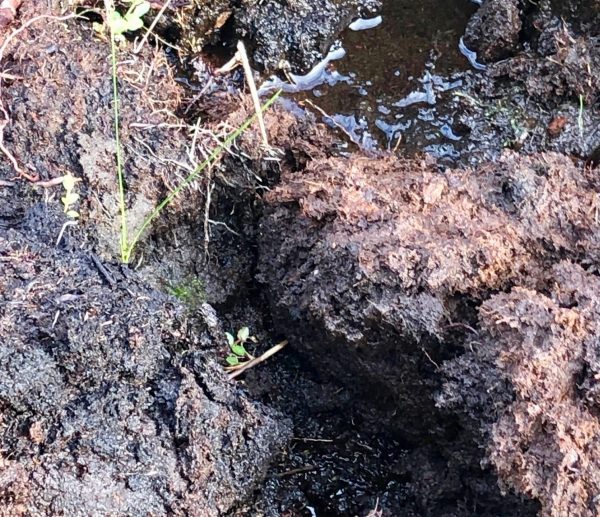
As the global temperature warms, so more methane will be released from the Arctic Tundra (as it thaws) - resulting in further warming …..
However, about two-thirds of methane emissions come from anthropogenic sources. Major contributors are the coal, oil and gas sectors whilst activities like rice cultivation, cattle farming and landfill also add to the total. The raising of cattle for beef has a significant effect on the amount of methane (and carbon dioxide) released; a single cow on average releases between 70 and 120 kg of methane per year and one estimate suggests that there are 1.5 billion cows (and bulls) worldwide.
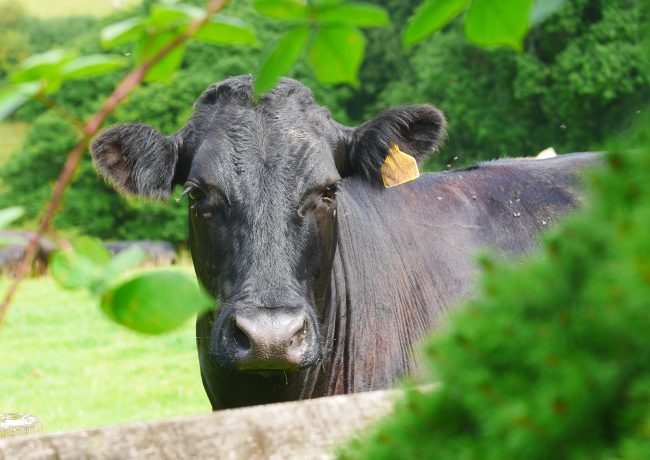
Sadly, biodiverse forests and woodlands are often cleared to create new pasture for cattle [particularly in places like South America]. One such area is Brazil's Cerrado, this is a "mosaic" of savannah, grassland and forest. It is 'home' to many plants and animals. But Cerrado habitats are being cleared because of the demand for meat - making way for cattle ranches or converted to grow feed for livestock. A significant percentage of the Earth’s surface is now devoted to cattle raising. In recent times, there have been suggestions that we should all move towards a vegetarian based diet, moving away from meat. Such a change would help reduce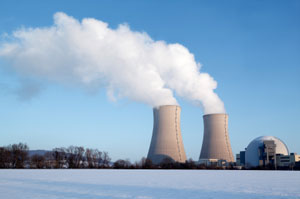
- Climate change
- The loss of biodiversity and
- The pollution of rivers
As anthropogenic sources of methane are significant, controlling the emissions would be an effective way of reducing the heat trapped in the atmosphere.
Two recent studies have identified large sources of methane release. One study looked at natural gas wells in the States and it found that a small number of these wells are “super-emitters” of methane, ie. highly productive. About 0.5% of the methane produced from the well pads is leaking to the atmosphere. Retro-fitting of such “super-emitting” wells could make a significant cut in emissions without the expense of fitting every ‘well pad’. The other study looked at the amount of methane being released by offshore oil and gas rigs in the North Sea - and discovered that these operations were / are leaking substantially more methane than previously reported.
By improving operational practices / equipment in the extraction of gas and oil, it should be possible to lower the amount of methane released into the atmosphere. As the half-life of methane in the air is about a decade, the current level of methane could reduce in that time frame. Thus, the total amount of greenhouse gases in the atmosphere should fall - with a significant effect on climate.
To remove all methane emissions from anthropogenic sources will take decades and steps such as those suggested above will only address part of the problem. Such measures could, however, happen quickly and help to minimise methane release. Sadly, the current US administration has allowed the regulations controlling methane leakage from the oil and gas industry to be relaxed.
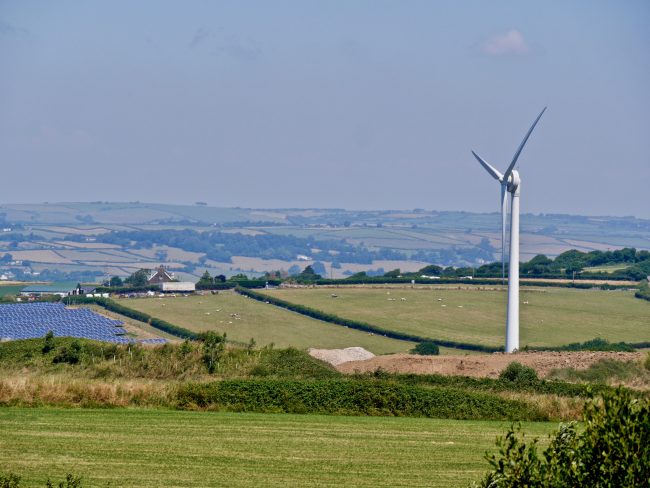
Solar Panels and Wind Turbines offer alternative / cleaner sources of energy
Comments are closed for this post.
